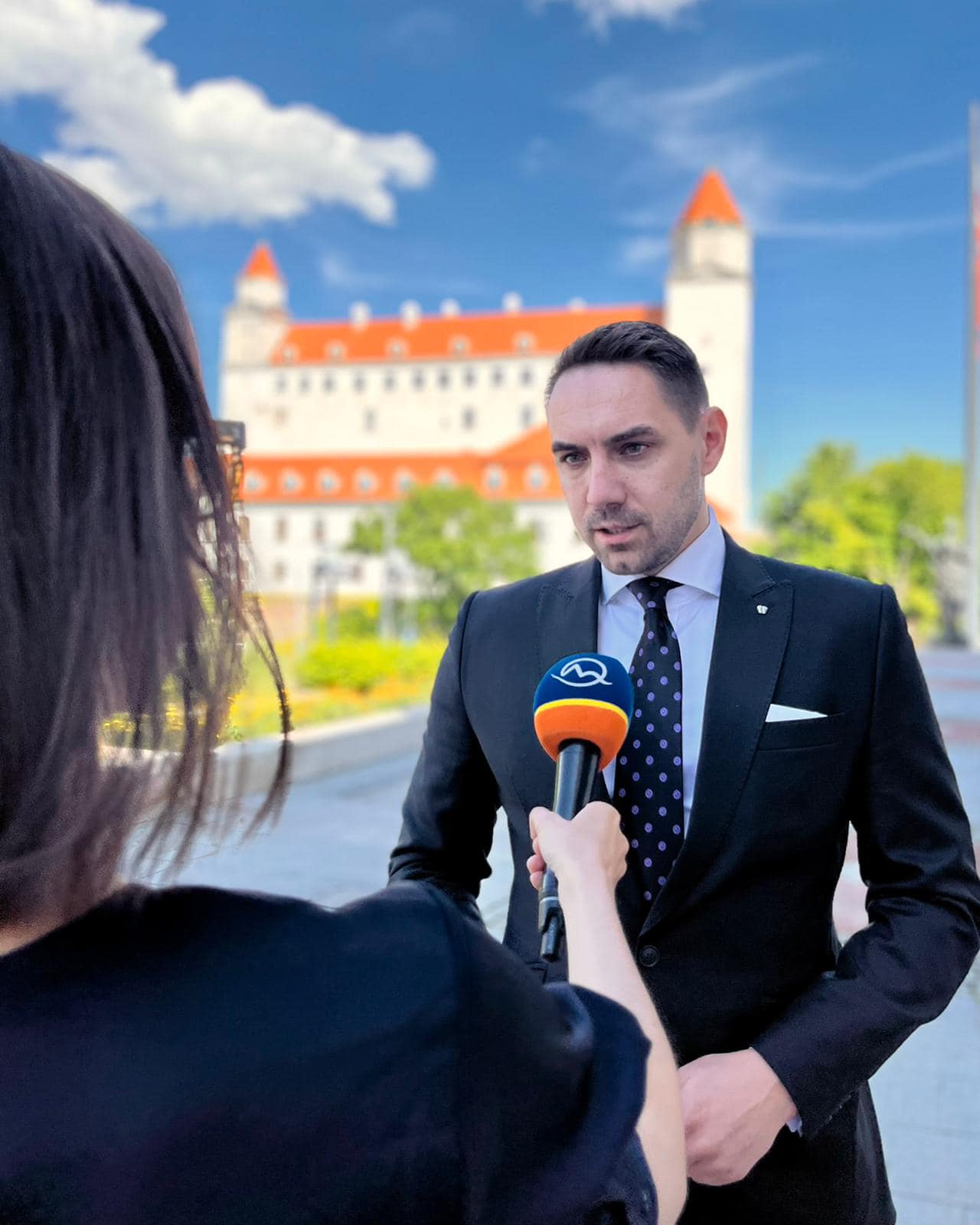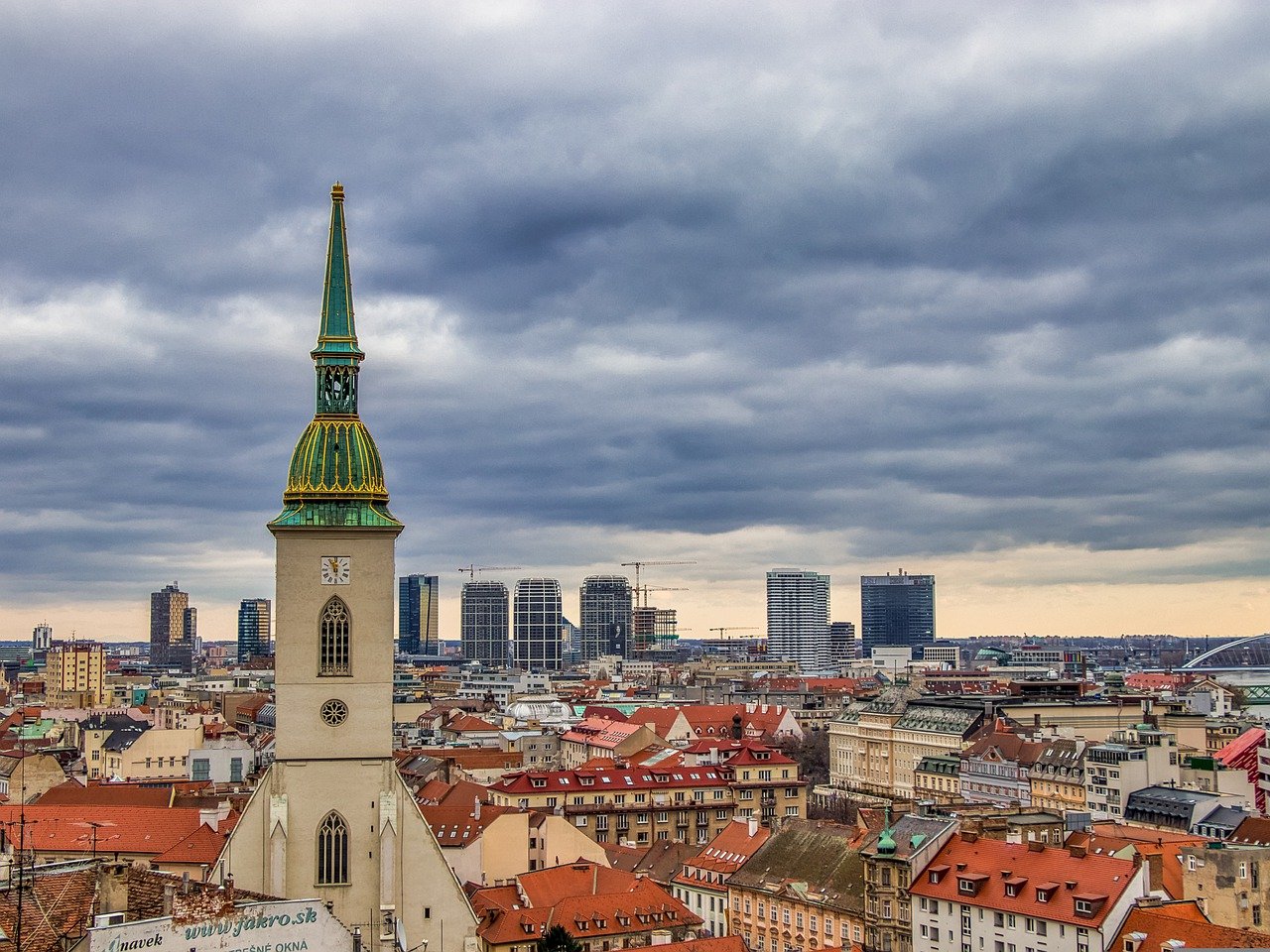
"Everything that is coming now is based on a denial of what Christian Europe is built on and what the European Union was built on."Continue reading

Chances of the Hungarian minority living in Slovakia having a parliamentary representation after the autumn elections are slim and further diminishing. The Hungarian community that numbers around 400.000, used to have 8 to 10 percent parliamentary representation, however, now only polls at around 1.1%, and even this political formation is currently falling to pieces.
The intricacies of the Hungarian minority political scene are rather difficult to explain to a foreign audience, let us only say that there are two main factions:
1. Liberal Hungarian politicians who want to embrace minority and human rights in general in alliance with Romani rights groups and left-wing Slovak micro-parties. These are typically mixed Slovak-Hungarian parties with a Euro-Atlantic outlook, and little to no willingness to co-operate with the conservative government of Viktor Orbán in Budapest. They are currently represented by the Hungarian Forum (Magyar Fórum) lead by Zsolt Simon, polling at around 3.1 percent.
2. A more conservative, national identity-oriented party whose focus is solely at the rights and issues of the Hungarian community in Slovakia. They are called Alliance, and as their name suggests, they came to be from the fusion of three Hungarian parties, with Krisztián Forró standing at their helm. Their measly 1.1 percent is a result of a rather uncharismatic leadership and a general lack of visibility, despite the support of the Hungarian government.

Krisztián Forró. Photo: Facebook Aliancia
Given the 5 percent parliamentary threshold in Slovakia, both are facing an uphill struggle to gain more support until the November elections, except for the fact that the “type-two” party is currently fragmenting further into a new “type-one” formation. The reason for this is the arrival of György Gyimesi at the Alliance, after the almost complete disintegration of the Slovak government party OLANO, which he was member of.
Gyimesi, a Hungarian politician from Slovakia, is considered to be a charismatic character, popular even among ethnic Slovaks. His views are typically national-conservative, and he is perhaps best known for his one-man campaign against rainbow flags on public buildings, or his principled stance against the Hungarophobic outbursts of the former scandalous Foreign Minister Rastislav Kácer.
The liberal faction in the Alliance though has taken a serious issue with him joining the party. A significant part of them, mostly of the former “type-one” party, Most-Híd, had decided to leave in protest. They are reportedly forming a new party gathered around the leader of the “mutiny”, Konrád Rigó, and if one is allowed predictions here, they will ally with the “type-one” Hungarian Forum in the near future.
It remains to be seen what the “Gyimesi-effect” will do to the remaining national conservatives of Alliance, some hope that his charisma and political skills could catapult the party above the 5 percent mark.

Facebook György Gyimesi
All things considered it is a major problem that the political representation of Hungarians in Slovakia is in such a disarray. They could not get into parliament during the previous elections, and unless one of the competing sides pulls a miracle, they will not get in in November either. The void left behind by the lack of indigenous local representation is currently filled by the initiatives of the Hungarian government from Budapest. They are doing the job that bickering minority politicians have failed to do, from financing school buses, modernizing minority education, paying for cultural initiatives and development programs. The question is, when will the political and intellectual elite in Slovakia rediscover their potential for unity, and take responsibility for the people they are supposed to help and represent.
Featured Photo: Pixabay.